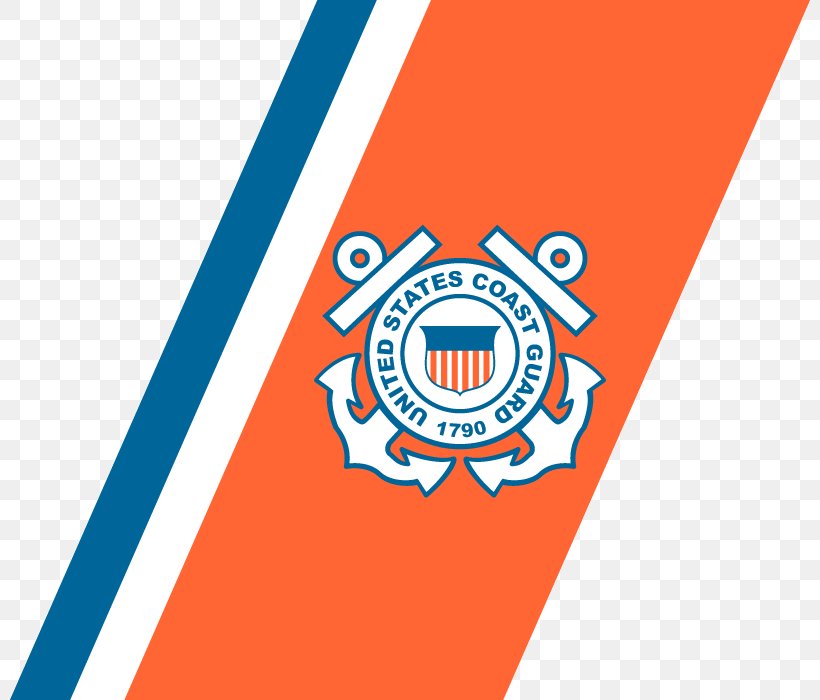US Coast Guard Career Options

Introduction to US Coast Guard Career Options

The United States Coast Guard (USCG) offers a wide range of career options for individuals who are passionate about serving their country, working in a dynamic environment, and making a difference in the lives of others. With over 40,000 active-duty personnel, the USCG is a unique branch of the military that operates under the Department of Homeland Security during peacetime, but can be transferred to the Department of the Navy during wartime. In this blog post, we will explore the various career options available in the USCG, including enlisted, warrant officer, and officer positions.
Enlisted Career Options

Enlisted personnel in the USCG are the backbone of the organization, making up about 90% of the total workforce. They are responsible for carrying out the day-to-day operations of the Coast Guard, including search and rescue, marine safety, ports, waterways, and coastal security, and environmental protection. Some of the most popular enlisted career options in the USCG include: * Boatswain’s Mate: Responsible for deck maintenance, navigation, and communication. * Marine Science Technician: Conducts tests and analyzes data to monitor and mitigate the effects of oil spills and other environmental hazards. * Aviation Maintenance Technician: Responsible for the maintenance and repair of Coast Guard aircraft. * Information Systems Technician: Installs, operates, and maintains computer systems and networks. * Health Services Technician: Provides medical care and support to Coast Guard personnel and their families.
Warrant Officer Career Options

Warrant officers in the USCG are technical experts who have advanced training and experience in a specific field. They are responsible for providing guidance and support to enlisted personnel and officers, and for making technical decisions in their area of expertise. Some of the most popular warrant officer career options in the USCG include: * Cryptologic Technician: Responsible for collecting and analyzing communications intelligence. * Intelligence Specialist: Analyzes and interprets intelligence data to support Coast Guard operations. * Boating Safety Specialist: Develops and implements boating safety programs to reduce accidents and fatalities. * Marine Inspector: Conducts inspections of commercial vessels to ensure compliance with safety and security regulations. * Aeronautical Engineering Technician: Designs, develops, and tests aircraft systems and components.
Officer Career Options

Officers in the USCG are leaders who have completed a bachelor’s degree and a commissioning program. They are responsible for making strategic decisions, leading teams, and overseeing operations. Some of the most popular officer career options in the USCG include: * Pilot: Flies Coast Guard aircraft to conduct search and rescue, surveillance, and transportation missions. * Navigator: Responsible for plotting the course of Coast Guard vessels and aircraft. * Engineering Officer: Oversees the maintenance and repair of Coast Guard vessels and aircraft. * Intelligence Officer: Analyzes and interprets intelligence data to support Coast Guard operations. * Port Security Officer: Develops and implements security plans to protect ports and waterways from terrorism and other threats.
Specialized Career Options

In addition to the career options listed above, the USCG also offers a number of specialized career paths, including: * Coast Guard Reserve: Allows individuals to serve part-time in the USCG while pursuing a civilian career. * Coast Guard Auxiliary: A volunteer organization that supports the USCG in a variety of roles, including search and rescue, marine safety, and environmental protection. * USCG Academy: A four-year college that offers a bachelor’s degree and a commission as an officer in the USCG. * Officer Candidate School: A 17-week training program that prepares individuals to become officers in the USCG.
💡 Note: The USCG offers a variety of career options, but some positions may require specialized training or experience. It's essential to research the specific requirements for each career path and to consult with a recruiter or career counselor to determine the best fit for your skills and interests.
Benefits of a USCG Career

A career in the USCG offers a number of benefits, including: * Competitive pay and benefits: USCG personnel receive a competitive salary, comprehensive health insurance, and retirement benefits. * Opportunities for advancement: The USCG offers a variety of career paths and opportunities for advancement, including specialized training and education programs. * Camaraderie and esprit de corps: USCG personnel are part of a tight-knit community that values teamwork, loyalty, and service. * Opportunities to make a difference: USCG personnel have the opportunity to make a positive impact on their communities and the environment, whether through search and rescue, marine safety, or environmental protection. * Education and training opportunities: The USCG offers a variety of education and training programs, including tuition assistance, vocational training, and degree completion programs.
| Benefits | Description |
|---|---|
| Competitive pay and benefits | USCG personnel receive a competitive salary, comprehensive health insurance, and retirement benefits. |
| Opportunities for advancement | The USCG offers a variety of career paths and opportunities for advancement, including specialized training and education programs. |
| Camaraderie and esprit de corps | USCG personnel are part of a tight-knit community that values teamwork, loyalty, and service. |
| Opportunities to make a difference | USCG personnel have the opportunity to make a positive impact on their communities and the environment, whether through search and rescue, marine safety, or environmental protection. |
| Education and training opportunities | The USCG offers a variety of education and training programs, including tuition assistance, vocational training, and degree completion programs. |

In summary, a career in the USCG offers a unique blend of challenge, adventure, and purpose, with a wide range of career options and opportunities for advancement. Whether you’re interested in search and rescue, marine safety, environmental protection, or another field, the USCG has a career path that’s right for you.
What are the requirements to join the USCG?

+
To join the USCG, you must be a U.S. citizen, be between the ages of 17 and 27, and meet certain physical and medical requirements. You must also have a high school diploma or equivalent and score well on the Armed Services Vocational Aptitude Battery (ASVAB) test.
What is the difference between the USCG and the US Navy?

+
The USCG and the US Navy are both branches of the U.S. military, but they have different missions and responsibilities. The USCG is a unique branch that operates under the Department of Homeland Security during peacetime, but can be transferred to the Department of the Navy during wartime. The USCG is responsible for maritime law enforcement, search and rescue, and marine safety, while the US Navy is responsible for naval warfare and operations.
Can I join the USCG if I have a criminal record?

+
It may be possible to join the USCG with a criminal record, but it depends on the nature of the offense and the circumstances surrounding it. The USCG has a strict policy against recruiting individuals with felony convictions, but some misdemeanor offenses may be waived. It’s best to consult with a recruiter or career counselor to determine your eligibility.
How long does USCG training last?

+
USCG training, also known as boot camp, typically lasts for 8 weeks. During this time, you will receive training in topics such as first aid, firearms safety, and seamanship, as well as physical fitness training and leadership development.
Can I choose my job or career field in the USCG?

+
While you can express your preferences for a particular job or career field, the USCG ultimately assigns jobs based on the needs of the service and your skills and qualifications. However, the USCG offers a variety of career fields and specialties, and you may have the opportunity to cross-train or reclassify into a different field later in your career.



